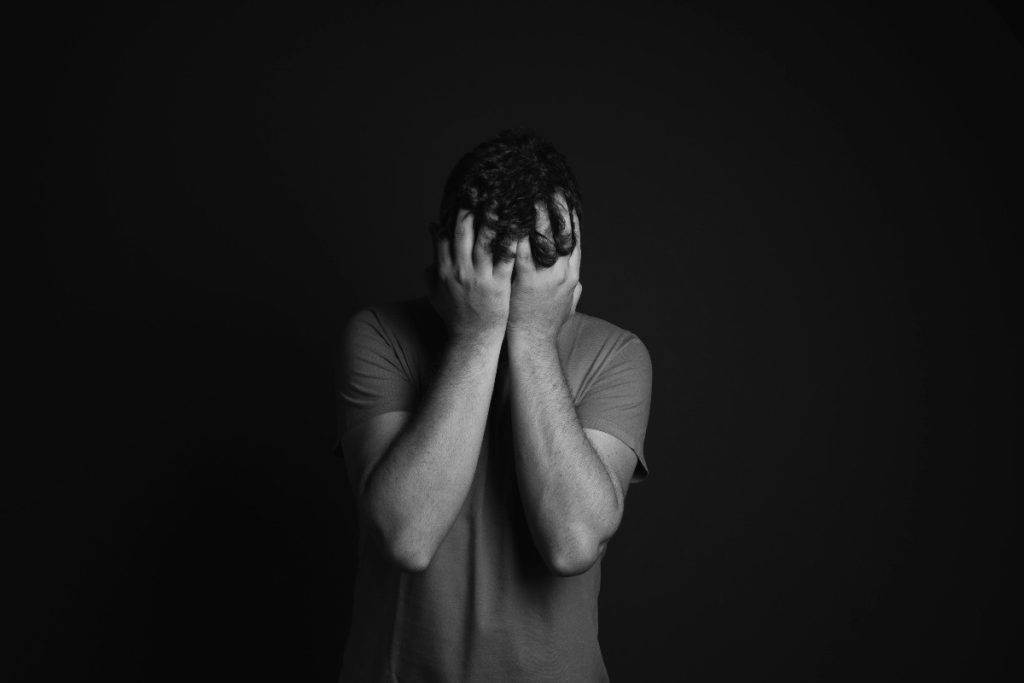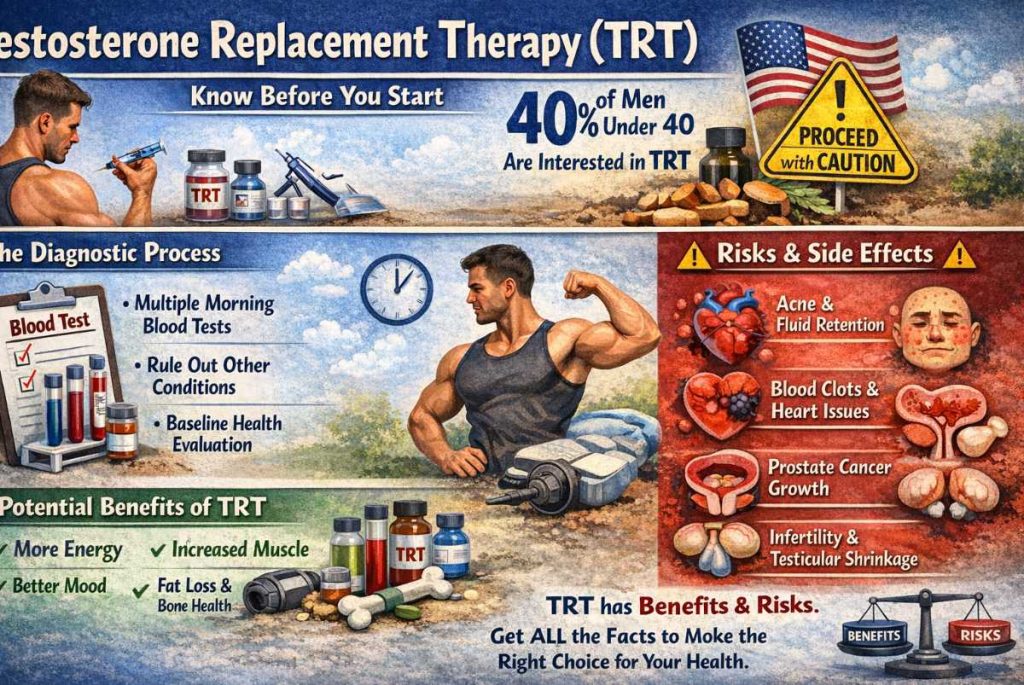In the aftermath of an accident, you may face serious injuries that leave you sidelined for weeks or more. But you’ll also face mental health challenges that won’t necessarily be as obvious.
It’s easier to treat a broken leg or bruised rib than it is to fully unpack the trauma harming your mental health. That’s why it’s so important to be alert to the early indications that you need help to get better.
Keep reading to discover five signs that accident trauma is hurting your mental health, and how you can take action.
1. Mood Swings and Erratic Behavior
Are you feeling more irritable, even over minor inconveniences? After an accident, you might find that you lack patience and lash out at those you care about most. Your mood may swing like a pendulum, ranging from anguished to angry within short bursts of time.
These examples of volatile behavior can suggest that your nervous system isn’t back to normal. Especially when you’re balancing lots of responsibilities after an accident, including seeking the best way to find your accident lawyer, it can be hard to move forward.
It’s best to start addressing this issue by acknowledging it. Jot down your feelings and what triggers them in a journal that you use each night. Communicate with a confidant, such as a close friend or family member. Or turn to a therapist for help.
They may suggest trying breathing techniques or focusing on grounding yourself in the present to help avoid erupting into a panicked outburst. You’ll learn to control your emotions as you head to work, school, or family gatherings.
2. Constant Concerns and Avoidance
You should be able to relax and decompress throughout each day. But if that’s become a struggle, you could be dealing with trauma. Maybe you’re constantly looking around for the next sign of danger that could trigger an injury, or acting hypervigilant when you don’t need to be.
Or perhaps you’re avoiding things like busy roads or certain street corners if you were a pedestrian involved in an accident. You’ll exhaust yourself quickly if you continue living this way, so it’s important to reach out for help and make changes.
You don’t have to abruptly return to the site of an accident as if nothing happened. But even taking small steps, such as making a quick visit, can help you reclaim these places. If gentle actions don’t help, it may be time to seek assistance from a therapist.
3. Reliving Difficult Moments
Sometimes traumatic events can result in difficult flashbacks or nightmares. These experiences can linger, causing ongoing trauma if you’ve been in an accident. You may struggle to sleep, and any sort of downtime can quickly become anxiety-inducing.
Trying to curtail screen time, especially on provocative news or social media sites, can help keep flashbacks at bay. Similarly, breathing techniques and a more regimented sleep schedule may be of assistance.
4. Pulling Away from Social Activities
If you find yourself declining social invitations and staying home alone more often, those actions can be indications of trauma. When alone, it’s easier for your mind to wander into darker spaces that harm your mental health. And if you start feeling foggier, that may be due to a reduced ability to manage stress.
You don’t have to plunge back into social gatherings immediately after a traumatic accident. But you should take baby steps, like responding to a text or email. Maybe you could join a friend for coffee or a weekend walk. These smaller steps can help you regain confidence and focus, and you can eventually branch out to larger group gatherings.
5. Bodily Aches and Pains
When your mind is rattled by accident trauma, you’ll see the repercussions in your physical health, too. You might start feeling muscle pain that is normally non-existent. Or headaches and a resulting dependency on medications or substances could enter the picture. You’ll need to intervene quickly to avoid drug dependency and long-term health complications.
Write down your aches and pains so you can monitor them. If you can connect specific issues with moments of stress, you may need to introduce coping activities. Try going for a walk each day or spend 15 minutes meditating at the start of each day. These routines can help ease your body and mind.
Learn How to Address Accident Trauma
You won’t always recover quickly from accident trauma. Doing breathing exercises, accepting social invitations, and meditating are among the strategies you can use to recover. You may need the help of a licensed therapist, too, if personal efforts are not successful.
Always know that being open with your struggles and seeking help are key steps on the path toward normalcy.





